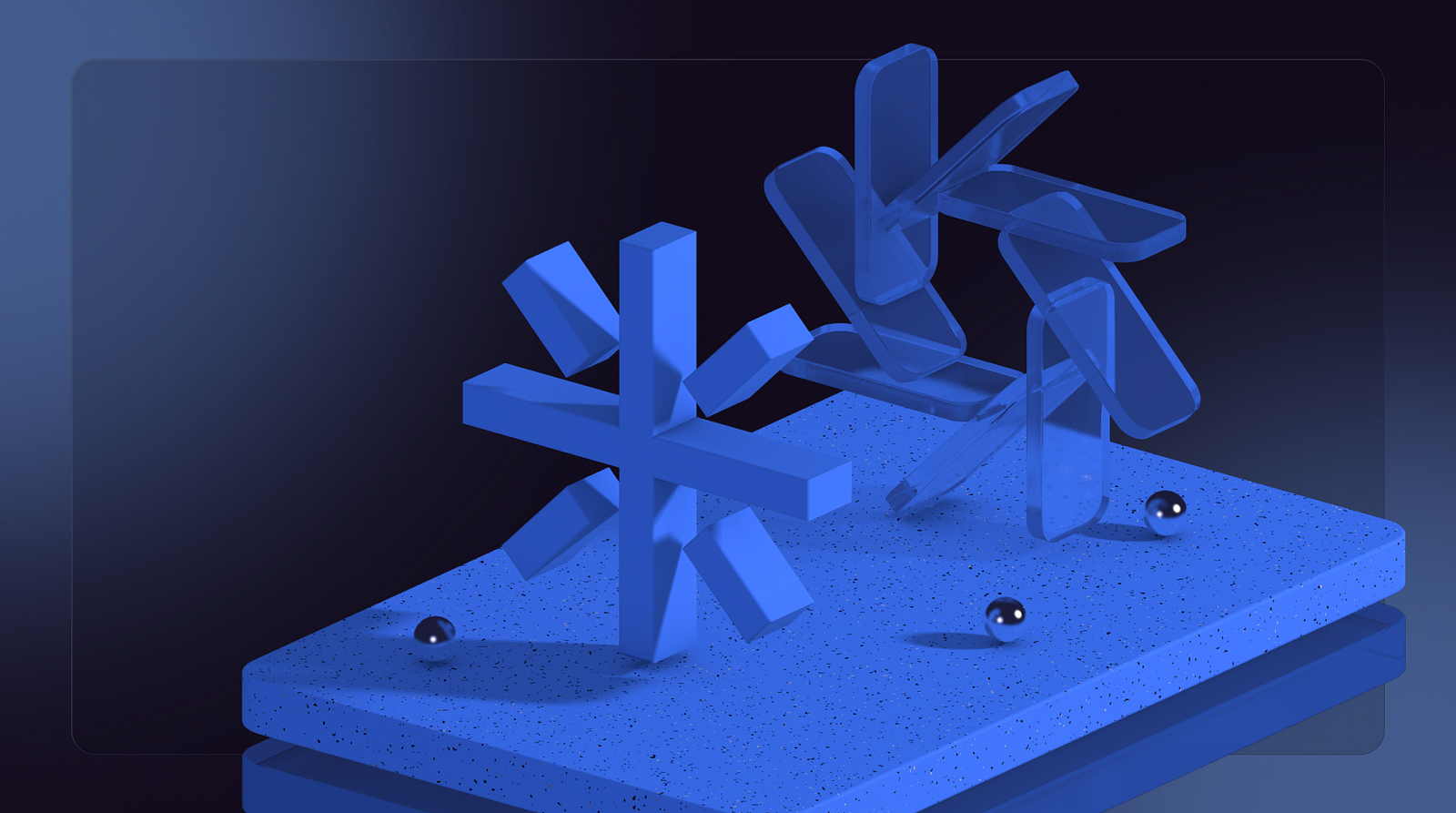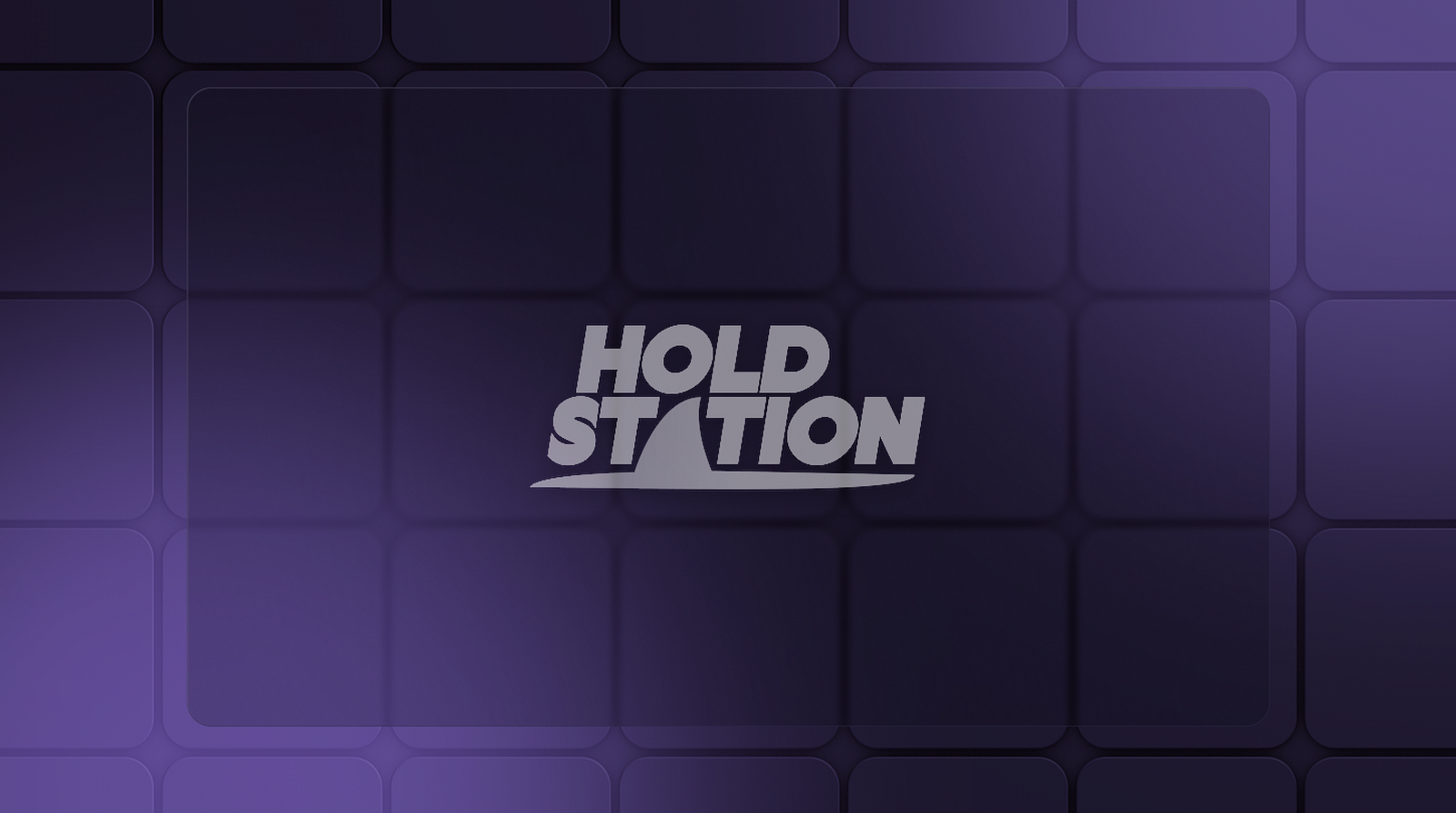Please fasten your belts!
Beam utilizes Account Abstraction to revolutionize on-chain payments
Beam, a global digital wallet, uses account abstraction to transform on-chain payments fundamentally.
During the Permissionless Web3 event, Andy Bromberg, the CEO of Eco App & Beam, discussed the anticipated “Golden Age” of on-chain payments. He underscored the crucial role of account abstraction in achieving the long-held vision of seamless and decentralized payments, a concept at the heart of the cryptocurrency evolution since Bitcoin’s inception.
Bromberg traced the journey from Bitcoin’s direct peer-to-peer payments to the expansive capabilities introduced by Ethereum and other smart contract providers.
Despite these significant strides, the industry is still hampered by high transaction costs and slow processing times, particularly on DeFi platforms.
Highlighting the recent emergence of Layer 1 and Layer 2 solutions, Bromberg noted the substantial reduction in transaction costs and enhanced speed, making on-chain payments increasingly practical. However, he identified persistent challenges, including complex taxation and the difficulty of moving funds between traditional and crypto platforms.

Also, Beam’s CEO revealed his project utilizes AA to allow wallets to execute smart contract code, simplifying fees and enabling payments in the token being sent, thereby significantly enhancing user experience.
Beam, according to Bromberg, epitomizes the potential of these advancements. The product is designed to simplify on-chain payments, offering a user-friendly, non-custodial wallet that allows users to send money instantly and at a low cost, thanks to account abstraction.
Holdstation enhances UX with Account Abstraction
Holdstation, a platform dedicated to simplifying DeFi, also took the stage to uncover its AA approach.
Prioritizing UX over mere technological advancement, Holdstation ensures that even crypto novices can easily navigate the platform. Embodying Vitalik Buterin’s ethos of decentralization and self-custody, the project is on a mission to bridge the gap between DeFi and CeFi seamlessly.
To tackle the prevailing challenges in the crypto domain, Holdstation has unveiled two revolutionary products. The Holdstation Smart Contract Wallet is a user-centric wallet that simplifies the process of storing, sending, and receiving cryptocurrencies. By leveraging AA, it transforms the Externally Owned Account (EOA) into a smart account or smart wallet.
Additionally, Holdstation introduces Defutures, a decentralized exchange (DEX) that empowers users to trade cryptocurrencies, forex, and commodities with up to 500x leverage. The DEX has a range of features, including margin trading, limit orders, and stop-loss orders, enhancing the trading experience for users.
By replacing traditional Ethereum accounts with custom smart contract accounts, Holdstation ensures independent transaction initiation, bolstering security and simplifying the user experience like never before.

Aztec Labs introduced Aztec Sandbox for enhanced smart contract testing
Aztec Labs has recently unveiled the Aztec Sandbox, a unique blockchain-based private smart contract testnet exclusively designed for local developers.
The Aztec Sandbox enables developers to utilize a locally hosted Aztec node, enhancing speed and efficiency in writing and testing smart contracts in a localized node testing environment. This platform is comparable to Ethereum’s renowned Ganache and Anvil packages, offering a seamless and efficient testing environment.
Beyond a mere testing platform, the Aztec Sandbox sparks creativity and innovation among developers. It includes Aztec.nr, Aztec.js, Aztec CLI, and smart contract support, allowing developers to deploy hidden token contracts on their local Aztec node easily.
This technology enables the exploration of ZK-native blockchain ecosystems, allowing developers to run both private and public functions, build account abstraction models, secure sensitive data, and manage private states.

Aztec Labs provides diverse and adaptable smart contract samples, including anonymous token contracts, Oracle price feeds, DeFi applications, and hidden airdrops. The Aztec Sandbox also supports private verified accounts, two-party escrow systems, private identities, on-chain private games, and decentralized financial protocols with privacy settings, bringing enhanced privacy to blockchain applications.
After five months of dedicated work on this zero-knowledge cryptography milestone, Aztec Labs invites developers worldwide to the Aztec Sandbox. Developers can test privacy-enabled apps, contributing to the democratization of this pivotal technology. The platform’s compatibility with Noir, a zero-knowledge programming language developed by Aztec Labs, further facilitates the creation of hidden smart contracts.
Bitget Wallet: Leading the charge in mass crypto adoption with Account Abstraction
BitKeep, a renowned multi-chain non-custodial crypto wallet, has transformed into Bitget Wallet. This transformation is a strategic upgrade backed by a $30 million investment from the leading cryptocurrency exchange, Bitget.
Bitget Wallet aims to emerge as the most user-friendly web3 trading wallet, promising faster trades and superior assets for users. This integration of decentralized finance (DeFi) with Bitget exchange’s centralized finance (CeFi) structure is set to bring mutual advantages, expanding the user base and offering a premier gateway into web3 with over 12 million users across 168 countries.
In the NFT space, Bitget Wallet is a leading aggregator, supporting unrestricted NFT listings from third-party platforms and multi-chain NFT management and trading across multiple chains, including Ethereum, BNB Chain, Polygon, and others. Users can browse more than 220,000 unique NFTs and purchase them using any token.
ERC-4337 Account Abstraction Core Devs call #18
In a recent update from the ERC-4337 call, led by Partha, the CTO of Etherspot, significant progress and new developments were shared. The discussion outlined that building hive simulators for peer-to-peer interface testing of bundlers is in progress.
A new RPC endpoint, debug_bundler_setMempool, has been introduced for seeding the local mempool for testing.
The Silius team is ready with the P2P spec implementation, and testing of the SharedMempool interface on Goerli will commence soon.
The community eagerly anticipates a working version by Devconnect and looks forward to the 0.7.0 release updates.
4337: The Gathering at Devconnect
The Ethereum Foundation’s ERC-4337 team has announced its official conference during Devconnect.
Organized in cooperation with Etherspot, Blocto and Alchemy, the event will take place in Istanbul on November 19.
You will hear from leading teams in the space about the various opportunities and challenges ERC4337 presents, and connect with other builders who are working to onboard the next billion users to Ethereum.
👉 Register here!
Start exploring Account Abstraction with Etherspot!
- Learn more about account abstraction here.
- Head to our docs and read all about the Etherspot SDK.
- Skandha - a developer-friendly Typescript ERC4337 Bundler.
- Explore our TransactionKit, a React library for fast & simple Web3 development.
- For a plug & play integration, review the BUIDLer react component.
- Follow us on Twitter and join our Discord.
Is your dApp ready for Account Abstraction? Check it out here: https://eip1271.io/
Subscribe to Etherspot’s Everything About Account Abstraction Newsletter!
Get In Touch:
Website | Twitter | Discord | Github | Telegram
Powered by Etherspot
TransactionKit | BUIDLer React Component | Pillar Wallet | AirdropMe

